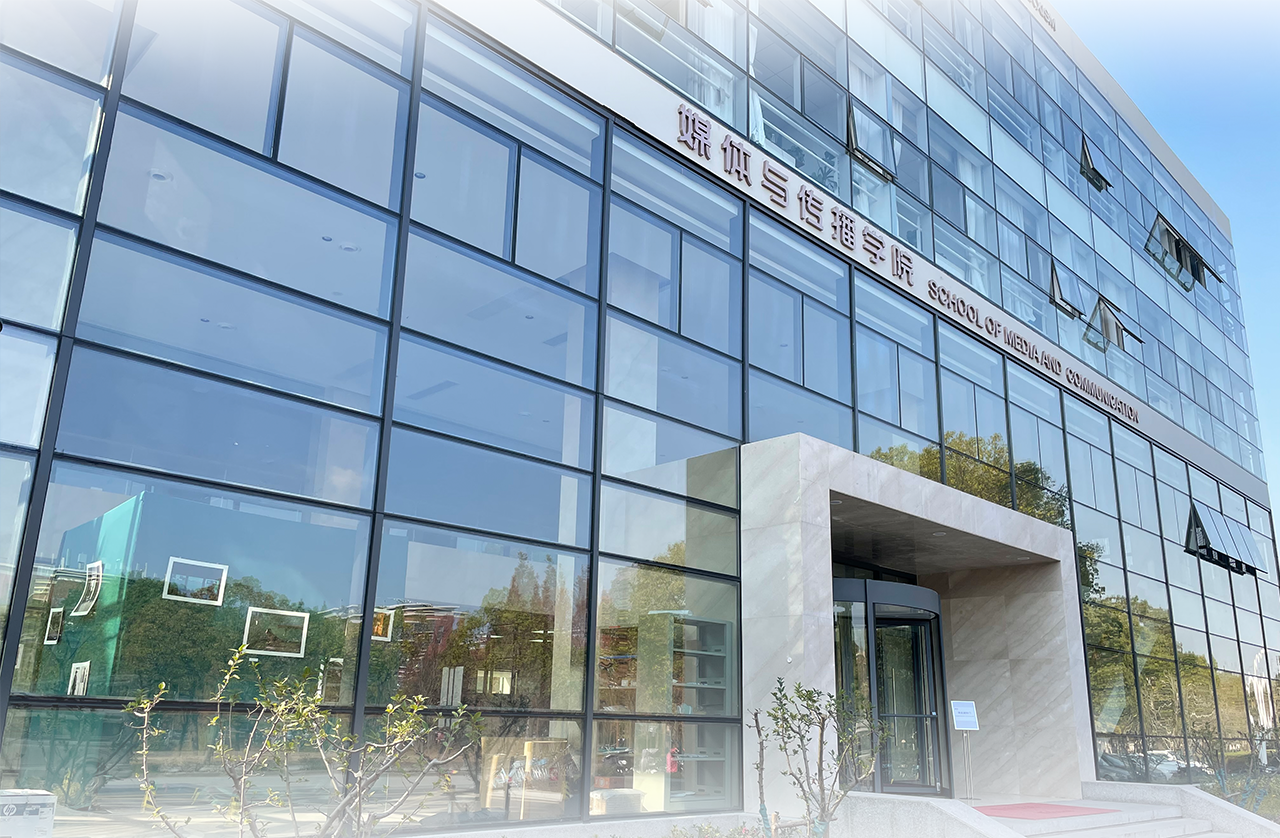Lecture Review | Professor Michel Espagne from École Normale Supérieure Explores
On July 24th, Professor Michel Espagne, a professor at the École Normale Supérieure and Research Director at the CNRS (National Center for Scientific Research), known for his expertise in "Cultural Transfers," presented an academic lecture titled "Cultural Transfers: A Theory and A Few Case Studies" to the students of the Sino-French Joint Intercultural Communication Summer School at the School of Media and Communication, Shanghai Jiao Tong University.
As a pioneer in the field of Cultural Transfers, Professor Michel Espagne delved deeply into the theoretical and practical aspects of cultural transfers in this lecture. He presented an array of rich case studies, showcasing the impact and outcomes of cultural transfers in diverse cultural contexts. Drawing from his extensive research experience, he elucidated the essence and motivations of cultural migration, as well as its contemporary significance in the era of globalization, providing valuable insights to the attendees.
Professor Michel Espagne pointed out that in the process of cultural transfers, cultural elements are endowed with different meanings in different cultural contexts, and this transformation is achieved through historical dissemination and exchange. He urged us to avoid the misleading implications inherent in the term "transfers" itself and not to oversimplify it as the mere transmission or circulation of cultural products. Instead, "transfers" emphasizes the process of reshaping and evolving cultural products in different contexts. It is not a straightforward or common cultural exchange issue but also involves the reinterpretation and recreation of cultural artifacts.
Subsequently, the professor analyzed the phenomenon of "cultural transfers" using Vietnam, Greece, and regions in Africa as typical case studies. Vietnam has a long history of cultural transfers and exchanges with neighboring countries and other regions globally. These cultural migrations and interactions have enriched Vietnam's culture, giving rise to unique and distinct cultural characteristics. Greece boasts a rich history and cultural heritage and has been influenced by various cultural transfers throughout history, resulting in the diversity of modern Greek culture. Despite external cultural influences, Greece has managed to retain its own cultural allure.Cultural transfers in Africa are relatively complex, involving issues such as the exchange of ideas, values, and cultural artifacts. The impact of "cultural migration" between African culture and other regions of the world, particularly through historical processes like colonialism, trade, immigration, and globalization, extends beyond the African continent to other parts of the globe.
After the lecture, Professor Michel Espagne engaged in discussions with the students. He patiently answered their questions and encouraged them to actively explore further research directions related to cultural transfers. The students expressed their gratitude for the professor's academic insights, stating that his sharing had provided them with new inspiration and a profound expansion of their understanding of cultural migration.
Professor Espagne combined theory and practice, presenting a series of thought-provoking case studies on cultural transfers. These cases covered different fields and regions, vividly illustrating the impact of cultural transfers on cultural identity and innovation. The academic sharing provided the attendees with profound reflections and insights. In the context of globalization, the theory of cultural transfers holds significant value in understanding how cultures flow, interact, and influence each other across civilizations. This has implications for fostering cross-cultural understanding, promoting cultural diversity, and strengthening cultural exchange.
Guest Speaker: Michel Espagne
Professor at the École normale supérieure, Research director at the CNRS (National Center for Scientific Research), head of the Joint Research Unit for Germanic Studies, and the labex
TransferS, recipient of the Humboldt Foundation Prize in 2011.
Students Feedback
Espagne's work inspires scholars and learners alike to delve deeper into the dynamics of cultural exchange, fostering a greater appreciation for the diversity and interconnectedness of our global world. As we continue to explore cultural transfers and their impact on identities, we gain a deeper understanding of ourselves and the societies we inhabit.
Wang Lang, City University Macau
In conclusion, based on the historical fact of cultural transfers, it is crucial to go beyond biases and dogmas and strive to enhance cultural confidence and inclusivity. Continuously generating new discoveries is a world issue worthy of further contemplation beyond the boundaries of this academic discipline. To achieve this, people should remember the research principles mentioned by the professor earlier: rigidly contrasting differences in a pure manner is meaningless; instead, the focus should be on the dynamic changes and creativity within
cultures.
Sun Yinghao, Shanghai Jiao Tong University
I gained tremendous benefits from this lecture, and I am truly honored to have this opportunity to join the summer school study. It allows me to delve deeper into cross-cultural theories, meet talented scholars from all over the world, experience the academic atmosphere, and embrace the spirit of Shanghai Jiao Tong University. I believe that in the upcoming courses, I will continue to learn more cutting-edge knowledge in communication studies and approach the teachers' splendid insights with an enthusiastic and studious attitude.
Zhu Minxuan, Northwest University


